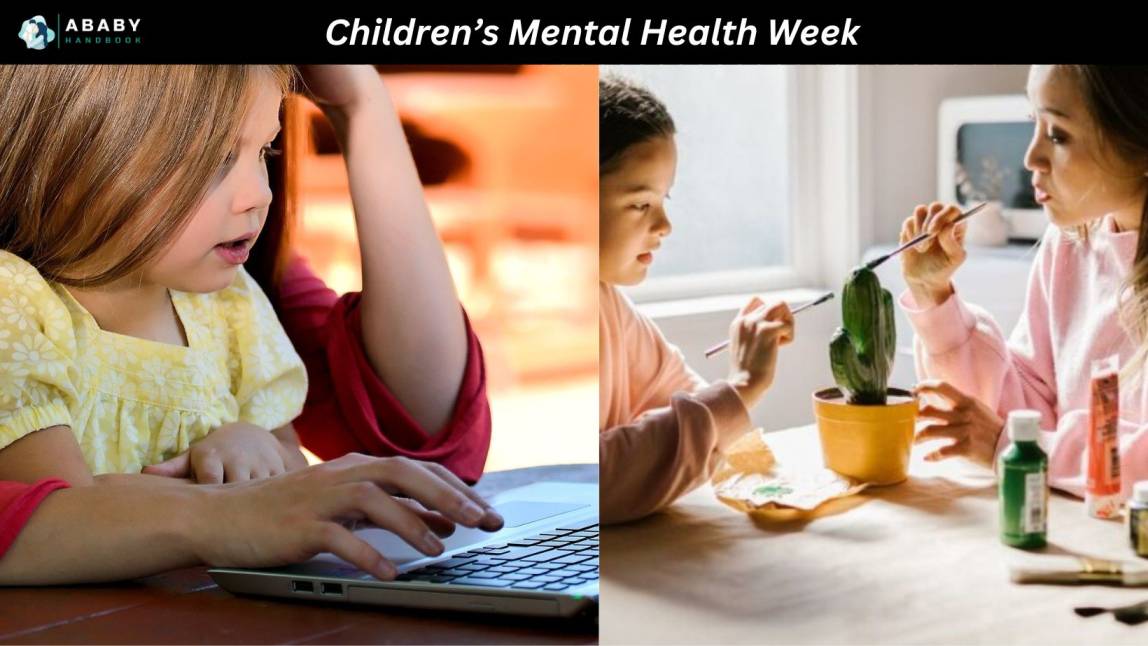April 10, 2020
The Covid-19 pandemic has affected lives all over the world. But for pregnant women this can make a stressful situation even harder to deal with. Did you know that depression and anxiety are the most common problems that women face in pregnancy? Add the worries of a pandemic to the mix and you have a lot of women feeling distressed about pregnancy during Covid-19. Here’s what you need to know about emotional wellbeing in pregnancy and some tips on how to calm your nerves during these challenging times.
Why is Pregnancy Anxiety, Depression, and High Stress Important?
You may be wondering what the big deal is on pregnancy anxiety, depression and stress. My research team and I have found that:
For every five women who struggle with anxiety or depression, one will continue to have symptoms across her life. Under normal circumstances, some women are at greater risk than others. For example, if they have experienced anxiety or depression before – or have a lot of stress that goes on for weeks or months.
Pregnancy During COVID-19
But these are unusual times and everyone is affected by the challenges Covid-19 has brought. For most of us . . .
- Our daily routines are changing.
- Our favorite places are closed.
- We are social distancing.
- We are working from home.
- Some of us have lost our jobs.
- We are adapting to multiple roles – juggling childcare, homeschooling, work, caring for other family members, and trying to fight off feelings of social isolation.
- We are all called to adapt to ‘our new normal.’
- For women who are pregnant during Covid-19, the virus can raise unique questions and stress. What is supposed to be a joyful time has become filled with uncertainty and fear.
Taking Action to Calm Your Nerves
Getting answers and being prepared can help calm your nerves about some questions surrounding your pregnancy during Covid-19. Sometimes the best thing you can do for your mental health is to actually do something about it. Doing something helps return a sense of control and can help you find the answers you need to move forward.
If you are anxious, talk with your healthcare provider. He or she can give you information relevant to your community and calm your fears with information.
Preparing for a Hospital Birth
- Talk with your healthcare provider about any changes that may have arisen. For example, ask how many visitors are allowed to be with you while you deliver your baby.
- Consider creative ways that friends and family can celebrate and support you by using technology such as videoconferencing on Skype, Zoom or FaceTime.
- Talk with your partner/birth support person about the possibility of them not being by your side during birth. Pack an extra phone charger in your bag.
- Consider asking if staff are comfortable giving their consent to having photographs taken during your birthing process to share with family who couldn’t be with you due to hospital restrictions. One of the biggest ways to prevent or reduce anxiety or depression in pregnancy and postpartum is through relationships – support from partners, close family and friends.
- Reframe the situation – which is likely requiring you to rethink your birthing plans unexpectedly. Instead of dwelling on the negative side, focus on some of the positives of limited visitors, such as the intimacy that you and your partner can experience.
Know the Facts
- During pregnancy, a woman’s body goes through changes that may increase her risk of some illnesses such as the flu. Currently, there isn’t enough evidence to suggest pregnant women being at greater risk for developing more severe symptoms related to the coronavirus. We also know that so far, it seems that Covid-19 does not transmit from a pregnant woman to her unborn baby.
- Consider limiting the amount of news you access. Stay informed – but don’t fixate on the news. Watch for news that sensationalizes the current situation by using inflammatory words. Be wise about your news consumption.
- Realize that medical staff and researchers all over the world are working hard at learning how they can fight the virus and develop a vaccine. Several clinical trials are already underway.
- Healthcare providers are updating policies and working around the clock to make sure they are prepared to help you. (See ‘COVID-19: Suggestions for the care of the perinatal population,’ from the Canadian Association of Perinatal and Women’s Health Nurses. Although guidelines may vary based on where you are located, many of these guidelines are sound and helpful).
Make use of trustworthy pregnancy resources.
- While some hospitals have cancelled in-person birth classes, others have moved theirs online. Taking a birth class can help you gain valuable information, expand your social support network by connecting with other pregnant women, and put the focus back on the joy of welcoming a newborn into your family.
- Make use of pregnancy resources lists that can support you to be emotionally healthy and build resilience – especially in the midst of this tough time. This resources page is a good start.
Be kind to yourself.
When worry gets too much it becomes anxiety. And worrying about your pregnancy during Covid-19 is easy to do. Learn to identify the physical signs of anxiety such as muscle tension and aches, restlessness, difficulty concentrating, sleep problems and fatigue. Try reducing your anxiety by . . .
- Staying connected. Try to do some activities that involve other people and help you stay connected. We are social beings and thrive when we feel a sense of connection – this is true even for the introverts among us! Try to keep in touch from a distance. Use various technologies like WhatsApp messaging to keep in touch with another pregnant friend, online cell phone games that you can play with colleagues, role playing games such as Dungeons & Dragons, or even watching movies together with relatives who are also social distancing.
- Practice determining if your worries are real worries or hypothetical worries (worse-case scenario catastrophizing). For example, real problem worries may be, “My due date is in two weeks and I need to find out how my birth plan may be affected.” Hypothetical worries may be “What if I run out of toilet paper and I can’t find any in the stores?” If you catch your mind focusing on a hypothetical worry, you can press pause on that and focus on something else – a real problem you can take action in solving.
- The battle of anxiety is won (or lost) in the mind. While you can’t control the Covid-19 situation, you can control your mind. A good habit is to identify when you are focusing on a worry and flip it around to a point of gratitude. It’s tough at first, but as you start to use new brain pathways it will get easier. Imagine if you came away from the Covid-19 situation with a healthier brain!
- Be gentle with yourself. It is okay to feel like you’re still adjusting to your new routine. It’s okay to feel a variety of emotions. It’s okay to feel like you don’t ‘have it all together’ with your new routine just yet. Take it slow. Designate ‘no Covid-19 conversation’ times with a friend or your partner to support each other and take a mental break.
- Remember the helpers and the kindness you see around you to gain perspective. Together we can flatten the curve with social distancing, but out of these hard times come extraordinary stories of ordinary people stepping up to help each other.
- Community ‘care-mongering’ groups are ready to help you get groceries. Many people in the arts, both on an individual and organization level are offering their talents or opening their archives or virtual museum and zoo doors to bring some much-needed brightness into the world right now. Many of these arts and culture initiatives can also keep little ones entertained and calm right now.
- Connect with family and friends who don’t sensationalize the news but can offer genuine support.
Whether you are at the beginning of your pregnancy journey, mid-way, about to give birth, or have a newborn, yes, this is a strange and difficult time. But we see you and we see you being brave.








